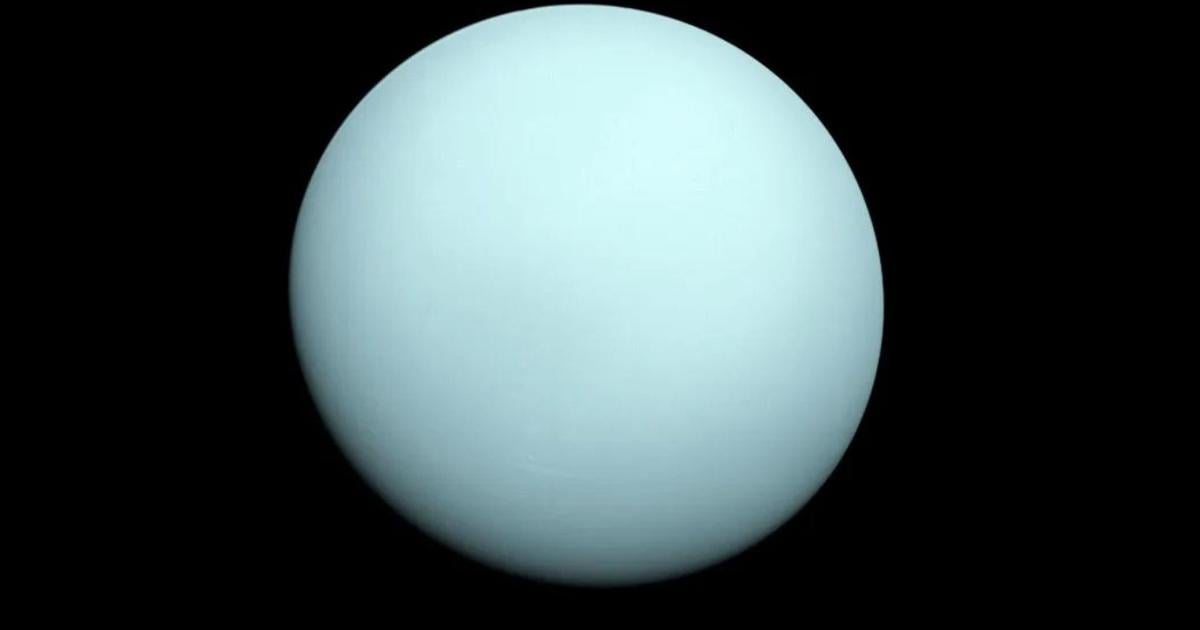Uranus creates its own internal heat, a discovery researchers say resolves decades of mystery about the formation of the ice giant.
In results of a study announced last week by the University of Houston scientists found that Uranus releases more heat than it receives from sunlight. Nearly 40 years ago, Voyager 2 analysis did not suggest the presence of significant internal heat, UH said in its announcement. But decades of spacecraft observations and computer models have changed that thinking.
“This means it’s still slowly losing leftover heat from its early history, a key piece of the puzzle that helps us understand its origins and how it has changed over time,” Xinyue Wang, the first author on the paper and a former doctoral student of UH’s Department of Earth and Atmospheric Sciences, said in a statement.
Uranus’ internal heat is weaker than fellow ice giant Neptune and gas giants Jupiter and Saturn, UH said. While Uranus produces 12.5% more heat than it absorbs from the sun, the other giants are closer to 100%. Researchers said Uranus may have a different interior structure or evolutionary history compared to the other giant planets.
Here are more fundings from the study (text from UH):
Another notable takeaway from the study was that Uranus’s energy levels also change with its long seasons, which last about 20 years. These seasonal changes are likely caused by the planet’s off-center orbit and tilted spin, Wang said.
Liming Li, co-author and professor in UH’s Department of Physics, said this study could improve planning for NASA’s flagship mission to orbit and probe Uranus, an initiative the National Academies of Sciences, Engineering and Medicine classified as its highest priority for the 2023-32 decade.
“From a scientific perspective, this study helps us better understand Uranus and other giant planets,” Wang said. “For future space exploration, I think it strengthens the case for a mission to Uranus.”
Additionally, the team’s methodology provides testable theories and models that could also be applied to explore radiant energy of other planets within and beyond our solar system, Li said. It could even impact technology innovation and climate understanding on Earth.
“By uncovering how Uranus stores and loses heat, we gain valuable insights into the fundamental processes that shape planetary atmospheres, weather systems and climate systems,” Li said. “These findings help broaden our perspective on Earth’s atmospheric system and the challenges of climate change.”
More Pets, Animals and Nature
